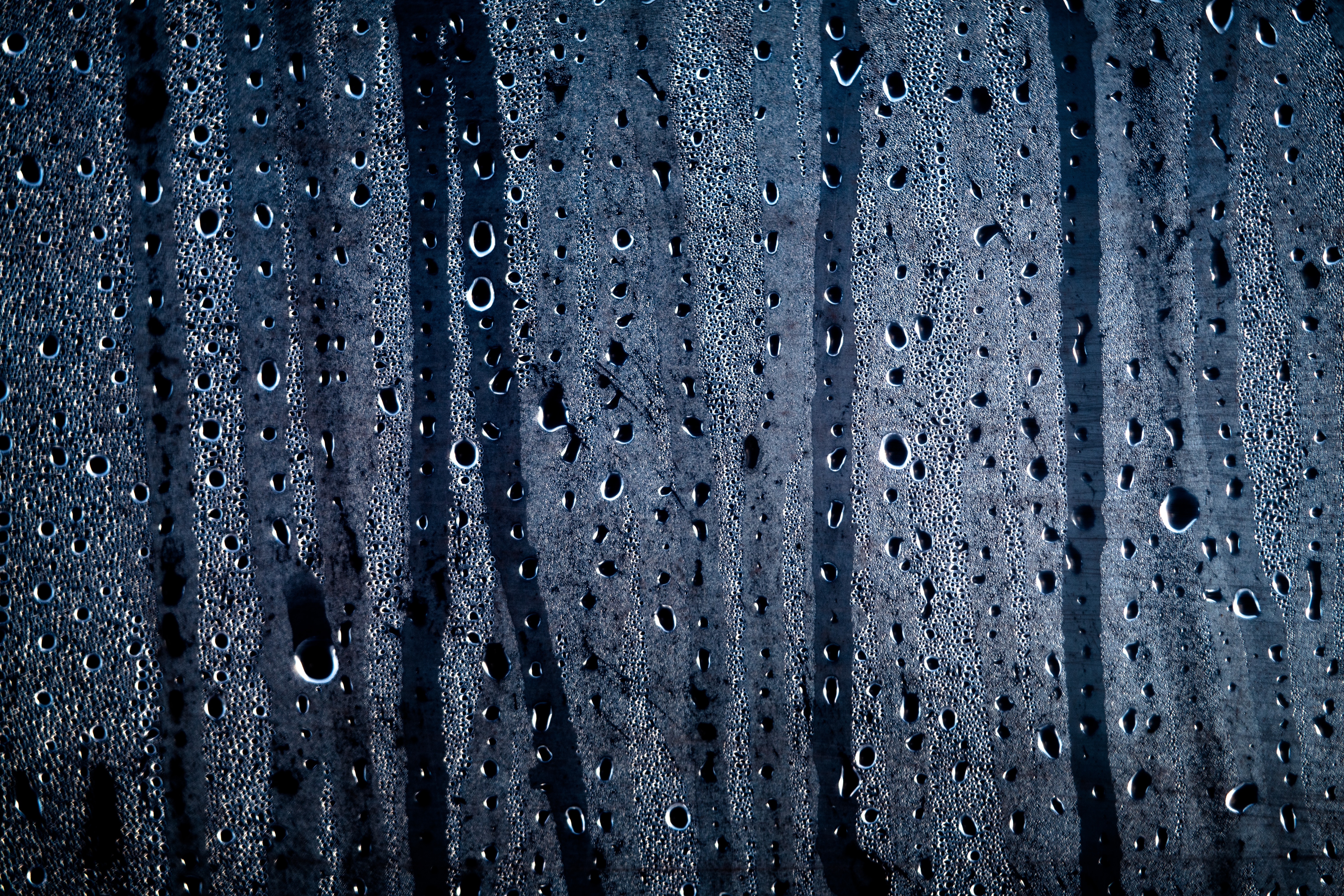Controlling the indoor humidity can be a challenge when the air feels heavy. Humidity is often misinterpreted as extreme heat, however moisture tends be the culprit. In order to lower the humidity level indoors, we are sharing fundamental tips and tricks that can be used in order to control and reduce it.

Ventilation
Proper ventilation is essential to move indoor air outdoor while maintaining your home's circulation. By controlling impurities and bacteria in the air, proper ventilation supports the cleanliness of your air. Structurally, poor ventilation increases home damages causing too much moisture and mold within the home. By replacing, repairing, or cleaning pre-existing ventilation systems, whole-house ventilation is a key player in reducing humidity.
Exhaust Fans
Always turn on exhaust fans in both your kitchen and bathroom. These fans are integrated in your home and are ideal to maintain a low level of interior humidity. They are designed to draw out humid air which, immediately improves air quality within one's home. Everyday activities such as showering, washing and cooking all contribute to added moisture in the house. Therefore, exhaust fans are essential in providing immediate moisture control.
Dehumidifier
Dehumidifiers reduce humidity indoors and aid in your home’s air circulation. They are great in addition with an air conditioner as they are capable of removing excess moisture in the air, leaving your air conditioner to consume less energy. Dehumidifiers have been proven to keep indoor temperature at a constant level leaving you to worry less about temperature fluctuations. Dehumidifiers also reduces the amount of dust, pollutants, toxins, and “musty” odours produced by moisture.
Dehumidifying Plants
Certain plants feed off of absorbing the moisture from the air and removing carbon dioxide. With the natural ability to dry out the air, plants are an ideal alternative for those who rarely deal with humidity. The following are a few plants known to naturally dehumidify your home:
- Peace Lily
- Reed Palm
- English Ivy
- Boston Fern
- Tillandsia
- Spider Plant
- Xerophytes
- Epiphytes
Overall, humidity is incredibly uncomfortable, although it can be controlled. Reducing humidity does not have to be a large expense, and in the long run can contribute to better health for you and your home. With regular indoor ventilation and circulation, these tips and tricks are key to remove moisture in your home.
Need more info? Check out our other posts!

